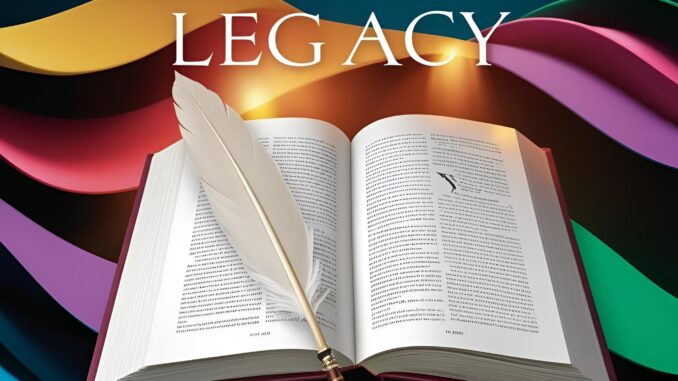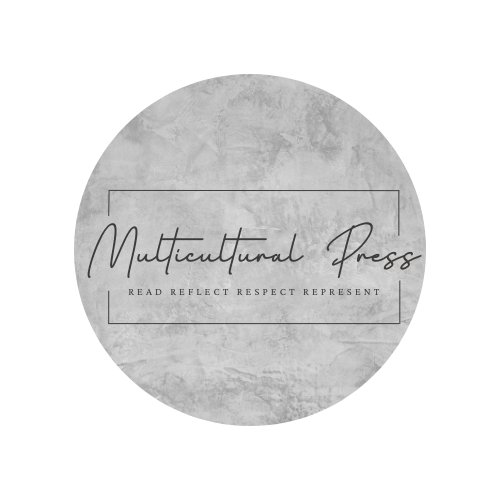
Exploring the Miles Franklin Legacy
(Eris White)
The Miles Franklin Literary Award stands as Australia’s most esteemed literary accolade, comparable in prestige to the UK’s Booker Prize. Established in 1957, the award was founded in accordance with the wishes of Stella Miles Franklin, an influential Australian author who dedicated her estate to fostering literature that authentically reflects Australian life in its many dimensions.
The award recognizes novels that demonstrate high literary merit while capturing Australian experiences, whether through historical narratives, contemporary explorations, or deeply personal storytelling. Over the decades, the Miles Franklin winners have shaped and defined Australian literature, producing some of the most thought-provoking works that continue to resonate with readers.
Among the notable early winners are Patrick White’s “Voss” (1957), an epic journey of exploration and obsession, and Sumner Locke Elliott’s “Careful, He Might Hear You” (1963), a poignant tale of childhood and family struggles. Writers like Thea Astley, Tim Winton, and Peter Carey have been multiple-time recipients, reinforcing their impact on Australian letters. The list also includes ground-breaking works such as “Cloudstreet” by Tim Winton (1992), a modern classic, and “Oscar and Lucinda” by Peter Carey (1989), which later became an internationally acclaimed film.
In recent years, the award has continued to honor diverse and powerful voices, including Melissa Lucashenko’s “Too Much Lip” (2019), which delves into Indigenous identity and intergenerational trauma, and Tara June Winch’s “The Yield” (2020), a lyrical novel celebrating Aboriginal language and history. The 2024 winner, “Praiseworthy” by Alexis Wright, reaffirms the award’s commitment to literature that challenges, inspires, and reshapes perspectives on Australian society.
For literary enthusiasts, exploring the Miles Franklin winners offers a deep and evolving insight into Australian life, culture, and storytelling. Whether through historical sagas, sharp social critiques, or intimate personal tales, these novels collectively form a rich literary landscape that continues to thrive and expand.
For literature enthusiasts, the Miles Franklin Literary Award is the pinnacle of Australian fiction—a prize that not only recognizes literary excellence but also captures the essence of Australian life in its many forms. Often compared to the UK’s Booker Prize, the award has played a crucial role in shaping the nation’s literary landscape since its inception in 1957.
Established through the bequest of Australian author Stella Maria Sarah Miles Franklin, the award is given annually to “a novel which is of the highest literary merit and presents Australian life in any of its phases.” Franklin, best known for her novel My Brilliant Career, was deeply committed to fostering Australian storytelling, and her legacy lives on through this prestigious prize.
The list of past winners reads like a who’s who of Australian literature, featuring iconic names such as Patrick White, Thea Astley, Tim Winton, and Alexis Wright. Each novel, in its own way, reflects the evolving cultural, social, and political fabric of the country. Patrick White, Australia’s only Nobel laureate in literature, won the inaugural prize with Voss (1957), a novel that blends history and psychological depth to explore the country’s harsh landscapes and human resilience.
Over the decades, the award has recognized an array of themes—post-colonial narratives, explorations of identity, and examinations of Australia’s shifting social dynamics. Tim Winton’s Cloudstreet (1992) remains one of the most beloved winners, weaving a generational saga that captures the struggles and triumphs of working-class Australians. More recently, Melissa Lucashenko’s Too Much Lip (2019) and Tara June Winch’s The Yield (2020) have highlighted Indigenous voices, adding new dimensions to the national literary conversation.
Despite its prestige, the award has seen its share of controversies and shifts. Some years, such as 1973 and 1983, no winner was declared—prompting debates about the state of Australian fiction. The selection process has also evolved, with an increasing emphasis on diversity, ensuring that the stories recognized reflect the full breadth of contemporary Australian life.
For avid readers, taking on the challenge of reading all the Miles Franklin-winning novels is a literary journey worth embarking on. The collection spans over six decades of storytelling, capturing Australia’s landscapes, histories, and the ever-changing human experience. Whether revisiting classics like Ruth Park’s Swords and Crowns and Rings (1977) or diving into recent winners like Praiseworthy (2024) by Alexis Wright, each novel offers a unique window into the nation’s literary soul.
In a world where literature continues to evolve, the Miles Franklin Award remains a testament to the power of storytelling. It is more than just a prize—it is a celebration of voices that shape and define what it means to be Australian.
Eris White
